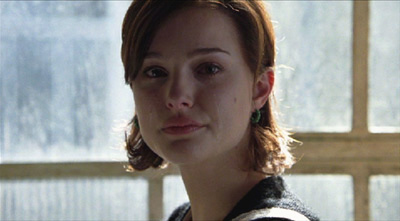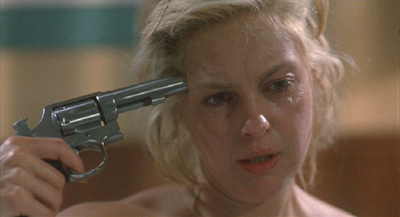The Hitchhiker’s Guide to the Galaxy (2005)
**/****
starring Sam Rockwell, Mos Def, Zooey Deschanel, Martin Freeman
screenplay by Douglas Adams and Karey Kirkpatrick, based on the novel by Douglas Adams
directed by Garth Jennings
by Walter Chaw Back in 1992, I saw Douglas Adams speak at the Boulder Bookstore. He was there to stump the fifth book in his The Hitchhiker's Guide to the Galaxy "trilogy," Mostly Harmless, and he read from it a passage involving Marvin the robot and an overzealous security droid. When the time came for him to sign things, I slid my first edition of the first book under his pen for his illegible scrawl and asked him what the status was of the (even then) long-awaited film version of one of the most beloved surrealist, deconstructionalist texts in modern science-fiction. "Soon, soon," he said. Now, a mere twenty-six years after the 1979 publication of The Hitchhiker's Guide to the Galaxy, video director Garth Jennings finds himself at the helm of what is, in some circles, a film more hotly anticipated than the upcoming conclusion to George Lucas' little space opera. And The Hitchhiker's Guide to the Galaxy takes elements of the late Adams' long-circulated screenplay (punched up in its third act–fatally, I think–by Karey Kirkpatrick), but coasts along for at least an hour on the irreverence, the flat brilliance, of its source material. It brings a tear to the eye and a flutter to the heart while it lasts.

 by Walter Chaw
by Walter Chaw by Bill Chambers
by Bill Chambers